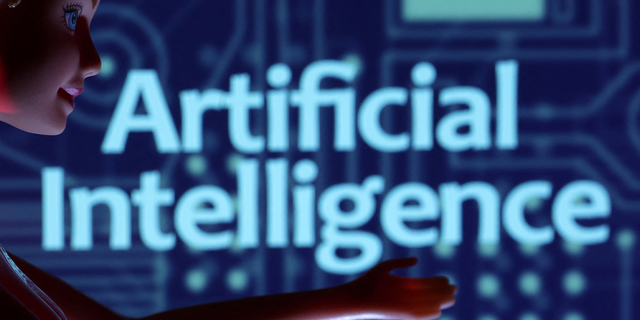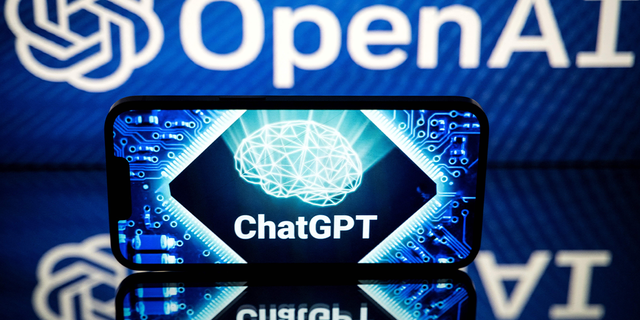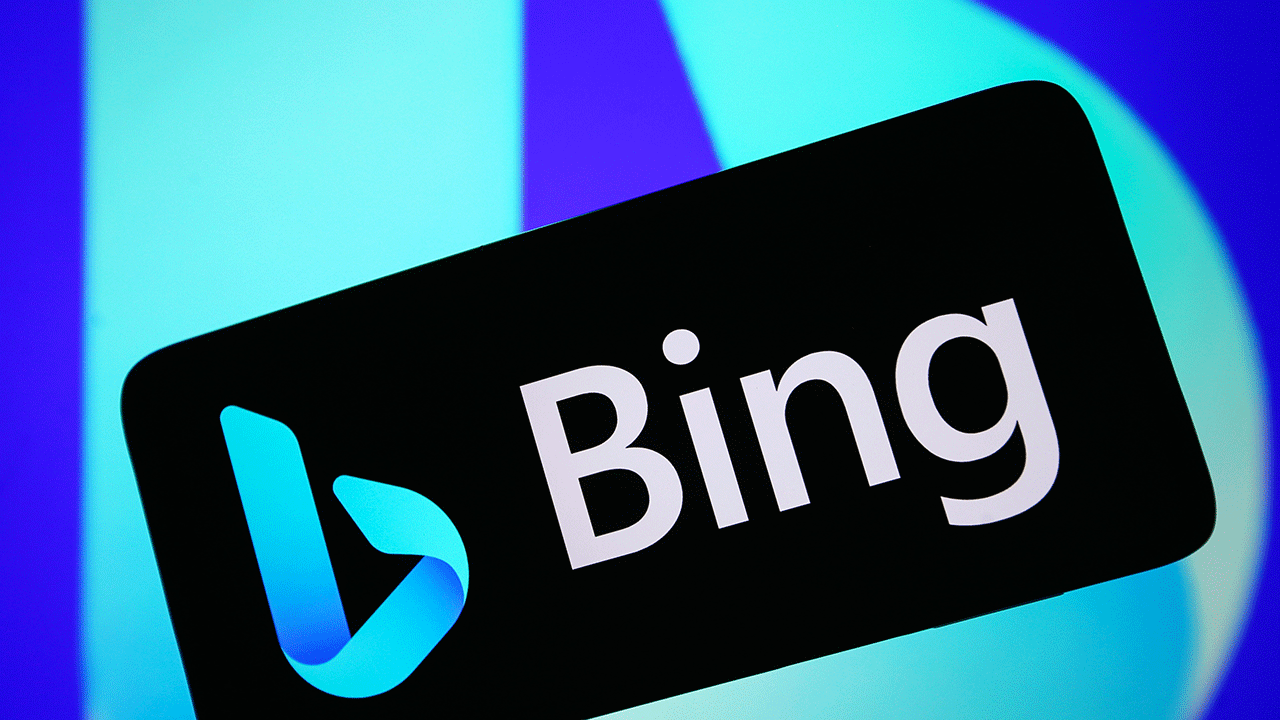Advances in artificial intelligence are progressing at a furious pace. Technology is changing rapidly, but the underlying principles behind AI are not new.
Artificial intelligence has been around for many years and has been enhanced by many different developers. Today, the best-known AIs include chatbots such as ChatGPT and Google Bard, with more AIs to come.
These AIs have gone through many iterations to become more refined and refined. These advances are bringing AI to a level where it can be considered “strong AI”, a machine with essentially the same capabilities as the human mind.
Artificial intelligence has made many advances in recent years, and software is approaching the status of “strong AI”. (St. Petersburg)
Below are links to articles that answer some of the most frequently asked questions about AI.
- What is AI?
- What are the four main types of artificial intelligence
- What is the history of AI?
- What are the dangers of AI?
- What is ChatGPT?
- What is Google Bard?
- How does Bing use ChatGPT?
- What is a bart?
- How do tech titans feel about AI? What Elon Musk, Bill Gates, and Mark Zuckerberg think
- How will government AI work?
- Is AI ADA compliant?
- How is AI regulated around the world?
1. What is AI?
AI (artificial intelligence) is a branch of computer science designed to understand and store human intelligence and mimic human abilities such as completing tasks, processing human language, and performing speech recognition. . AI is a major innovation in today’s technology, and its primary goal is to help eliminate tedious tasks and provide instant access to highly detailed and focused information and data.
2. What are the four main types of artificial intelligence?

The four main types of artificial intelligence are reactive machines, limited memory, theory of mind, and self-awareness. (Reuters/Dad Ruvic/Illustration)
There are four main types of AI: reactive machines, limited memory, theory of mind, and self-awareness. The most basic forms of AI are reactive machines and limited memory. Theory of mind and self-awareness are his two stages of AI and are still in development, so they are theoretical at this point. In the future, these two forms of AI are likely. For a machine to reach the most complex stage of development, the self-aware stage, it must, as the name suggests, have the ability to form its own identity and be self-aware.
3. What is the history of AI?
While there have been many developments in the AI space recently, the premise is nothing new and the history of AI predates chatbots. Early names in AI include Alan Turing, who created Turing his machine, Warren McCulloch and Walter Pitts, who extended Turing’s ideas, and John McCarthy, who coined the term “artificial intelligence.”
4. What are the dangers of AI?
The advent of artificial intelligence has created feelings of anxiety, fear, and even hatred for technologies that most people don’t fully understand. AI can automate tasks that could previously only be completed by humans, such as writing essays, organizing events, and learning another language.
But experts worry that the era of unregulated AI systems could create misinformation, cybersecurity threats, unemployment and political bias.
5.What is ChatGPT?

OpenAI’s ChatGPT is a new development in AI. (Photo credit: LIONEL BONAVENTURE/AFP via Getty Images))
ChatGPT is an advanced artificial intelligence chatbot developed by AI research company OpenAI. This AI technology has been added to Microsoft products, including the company’s search engine, Bing.
ChatGPT is a generative AI that can generate content from text to images, converse with humans, and suggest edits to computer programming code. Through extensive training with social media, websites, articles, datasets, books, and other forms of text on the internet, chatbots gain the ability to answer questions and assist with human queries and tasks. I have it.
6. What is Google Bard?
Bard is one of the newest artificial intelligence chatbots. The Google-developed AI chatbot was released in March 2023 after an initial announcement in February. This software was released to a limited number of users for testing.
This chatbot follows the release of one of its main competitors, OpenAI’s ChatGPT, and has features very similar to that model.
7. How does Bing use ChatGPT?

ChatGPT is used by Bing’s new AI search engine program. (Pavlo Gonchar/SOPA Images/LightRocket, Getty Images)
Bing’s new AI search engine program uses ChatGPT language modeling to give users detailed, human-like responses to their questions and other inquiries.
Microsoft, which owns Bing, and Google are committed to creating chatbots that are as interactive and accurate as possible to further engage with users.
8. What is BERT?
It’s no secret that artificial intelligence will impact society in surprising ways. One way he has used AI that most people don’t know is when searching on Google. At that time, about 10% of all searches used he BERT (Bidirectional Encoder Representation of Transformers), so the searcher unknowingly used BERT (Bidirectional Encoder Representation of Transformers) in the form of an artificial intelligence algorithm. expression) may have been used. This framework allows Google to better understand how users search for words in the correct order and context. However, BERT is not just part of the Google algorithm. It’s an open-source framework, so anyone can use it for a variety of machine learning tasks.
9. How do tech giants feel about AI? Elon Musk, Bill Gates, Mark Zuckerberg Thoughts
As artificial intelligence becomes more present in people’s daily lives around the world, many technology leaders are speaking out about controversial and revolutionary new technologies.
While some prominent figures in the tech industry hold differing opinions on AI and how it will affect society as a whole, most believe that technology will ultimately affect humanity. Claims to be profitable.
10. How is government using AI?
usa government uses artificial intelligence Used by military, intelligence and law enforcement agencies to mitigate potential threats.
But even though spending on AI government contracts continues to grow each year, the use of machine learning technology remains largely unregulated by governments.
11. Is the AI ADA compliant?
artificial intelligence I don’t know if it’s inherently ADA compliant, but its use can help or hinder people with disabilities, including those who are visually or hearing impaired. Concerns are being scrutinized as to whether AI will enable equal opportunity opportunities for candidates with disabilities under Title 1 of the Americans with Disabilities Act when used within the hiring process . On the one hand, AI has proven to help improve the lives and independence of people with disabilities.
12. How is AI regulated around the world?
and Large language models for AI like ChatGPT AI is being developed all over the world, and countries are racing to regulate it. Some companies have drafted strict laws on technology, while others lack regulatory oversight.
China and the EU have drawn particular attention as they have developed detailed and wide-ranging AI regulations. In both areas, governments play a major role. This is very different from countries like the US, where there is no federal law on AI. Government regulations have been introduced as many countries have expressed concerns about various aspects of AI. These primarily include privacy concerns and the potential for social harm caused by the controversial software.

